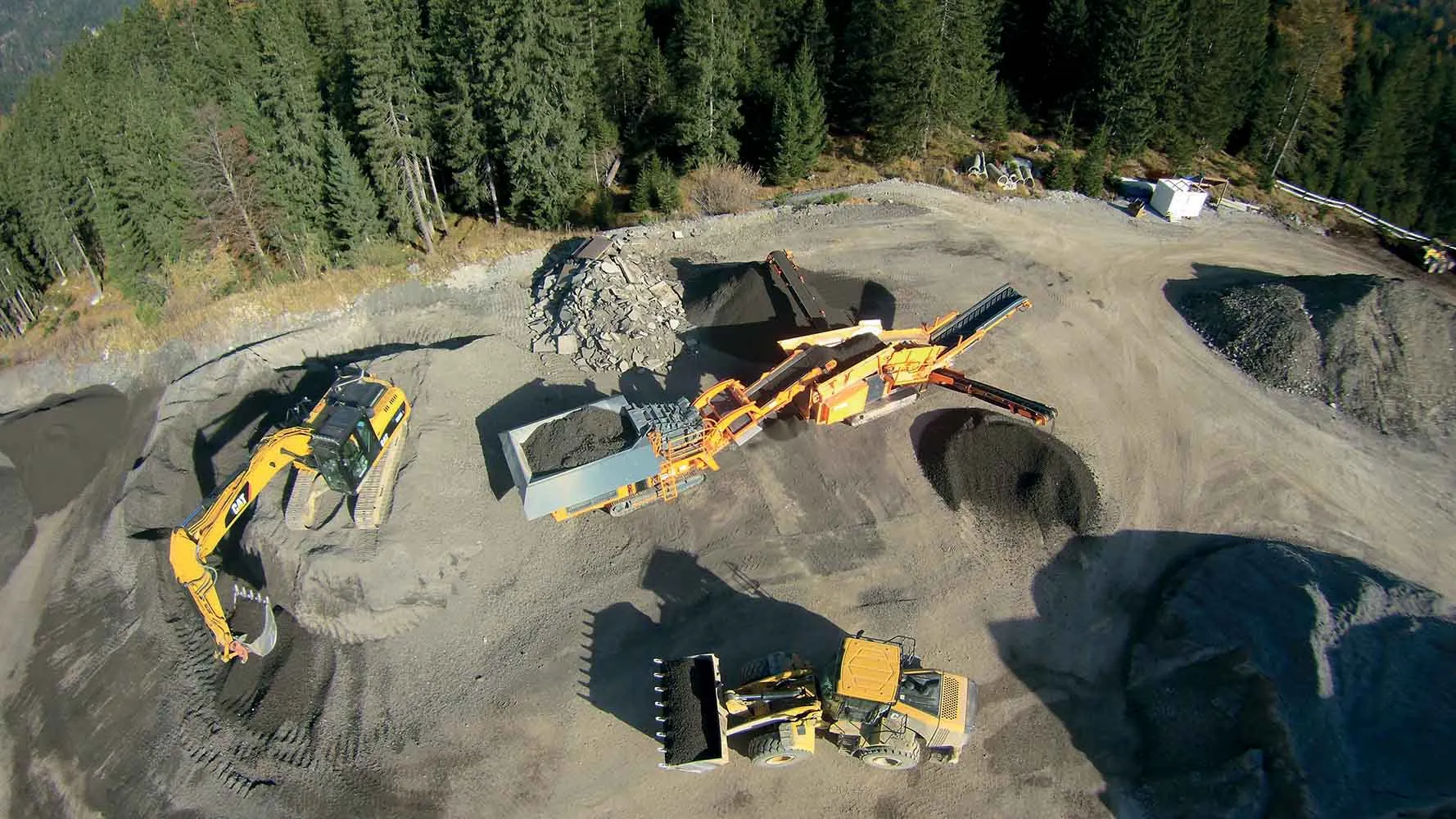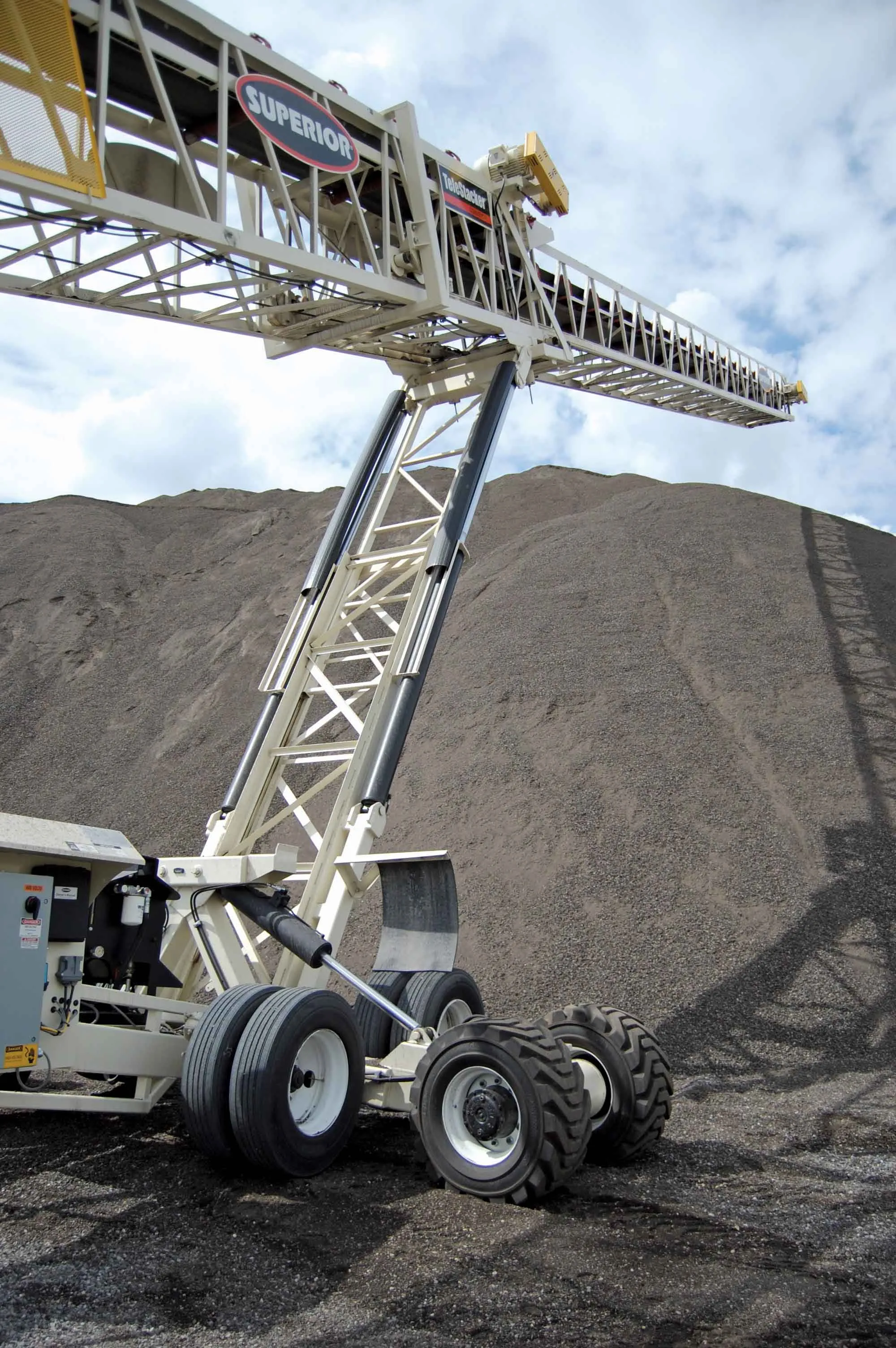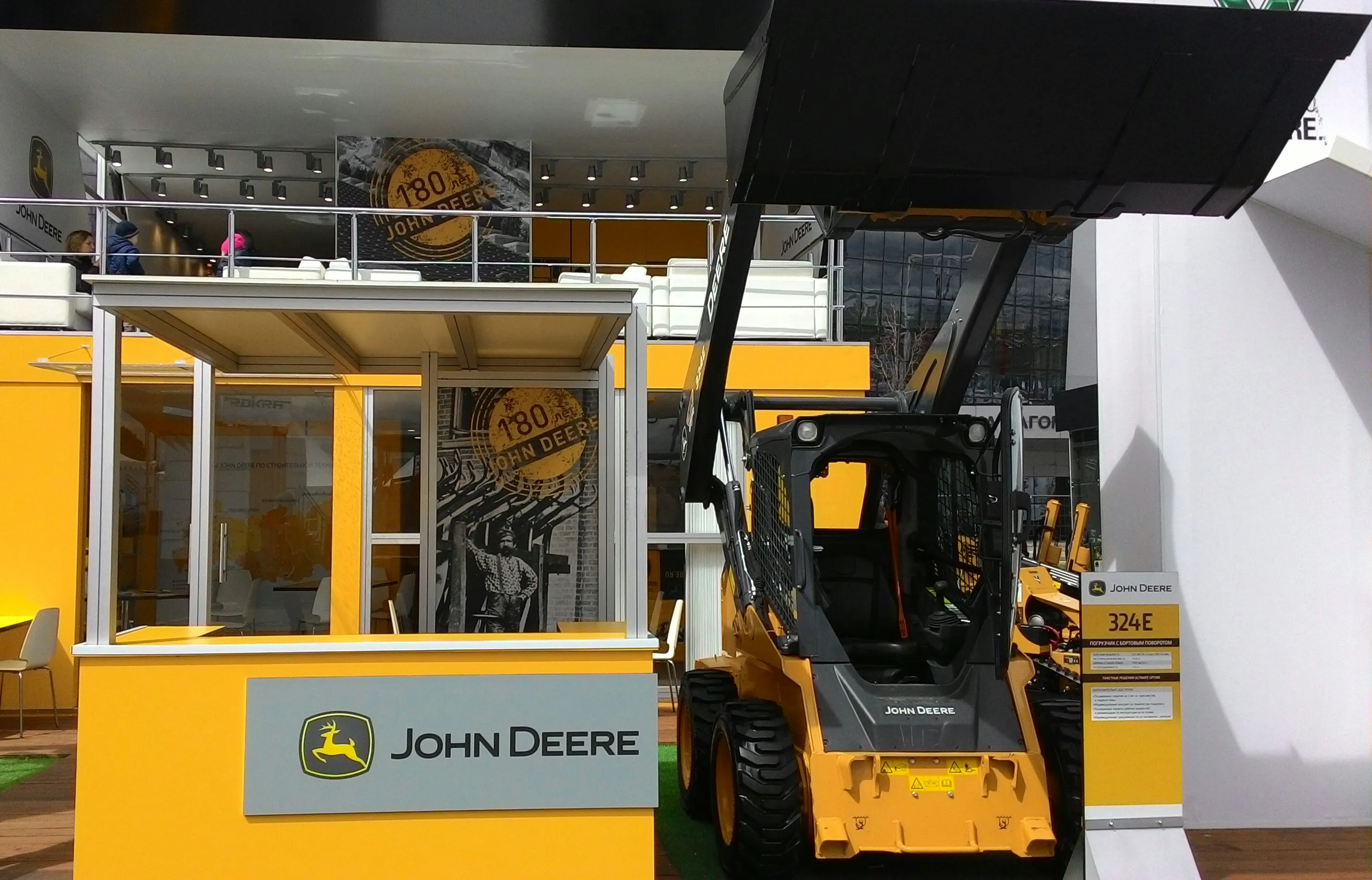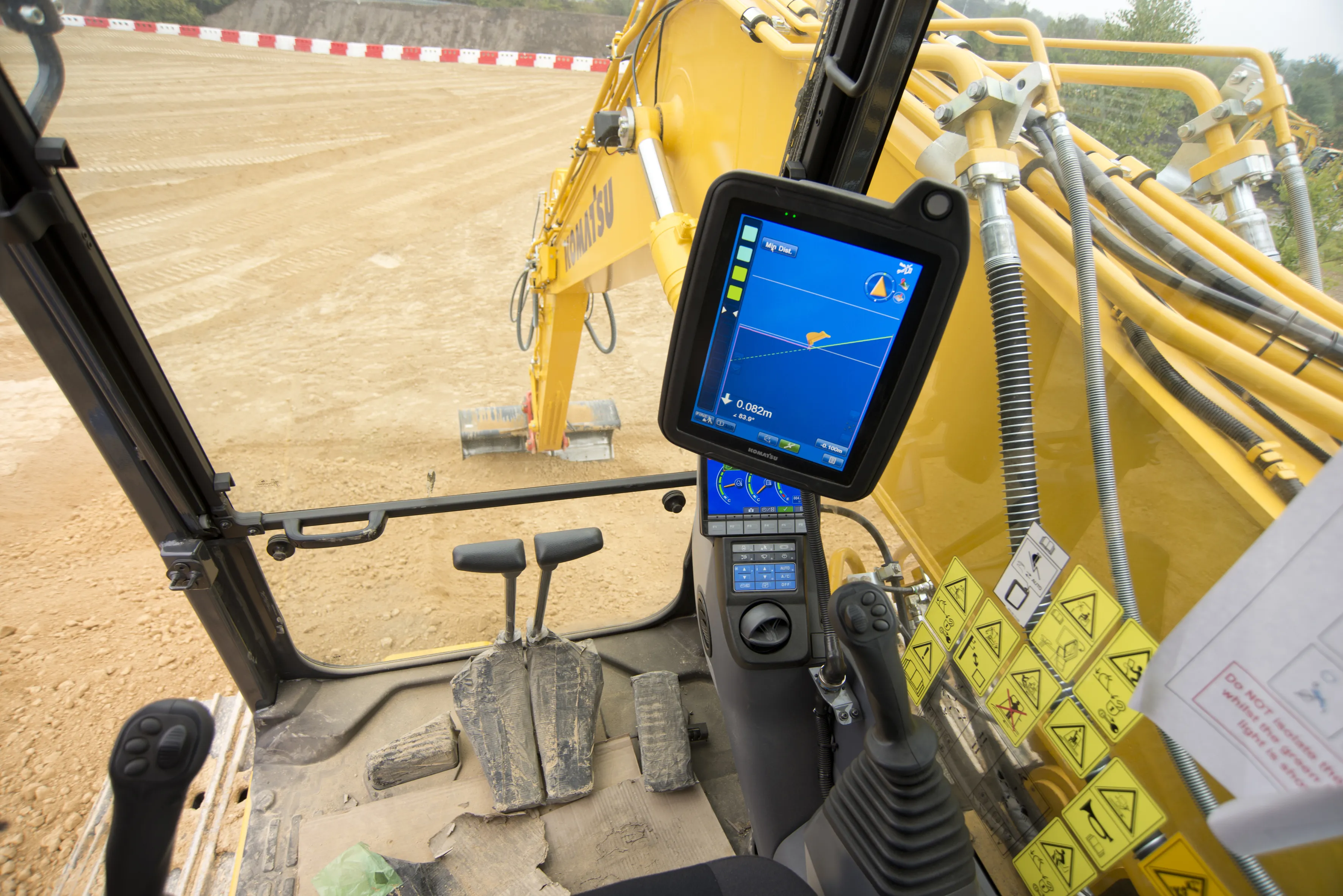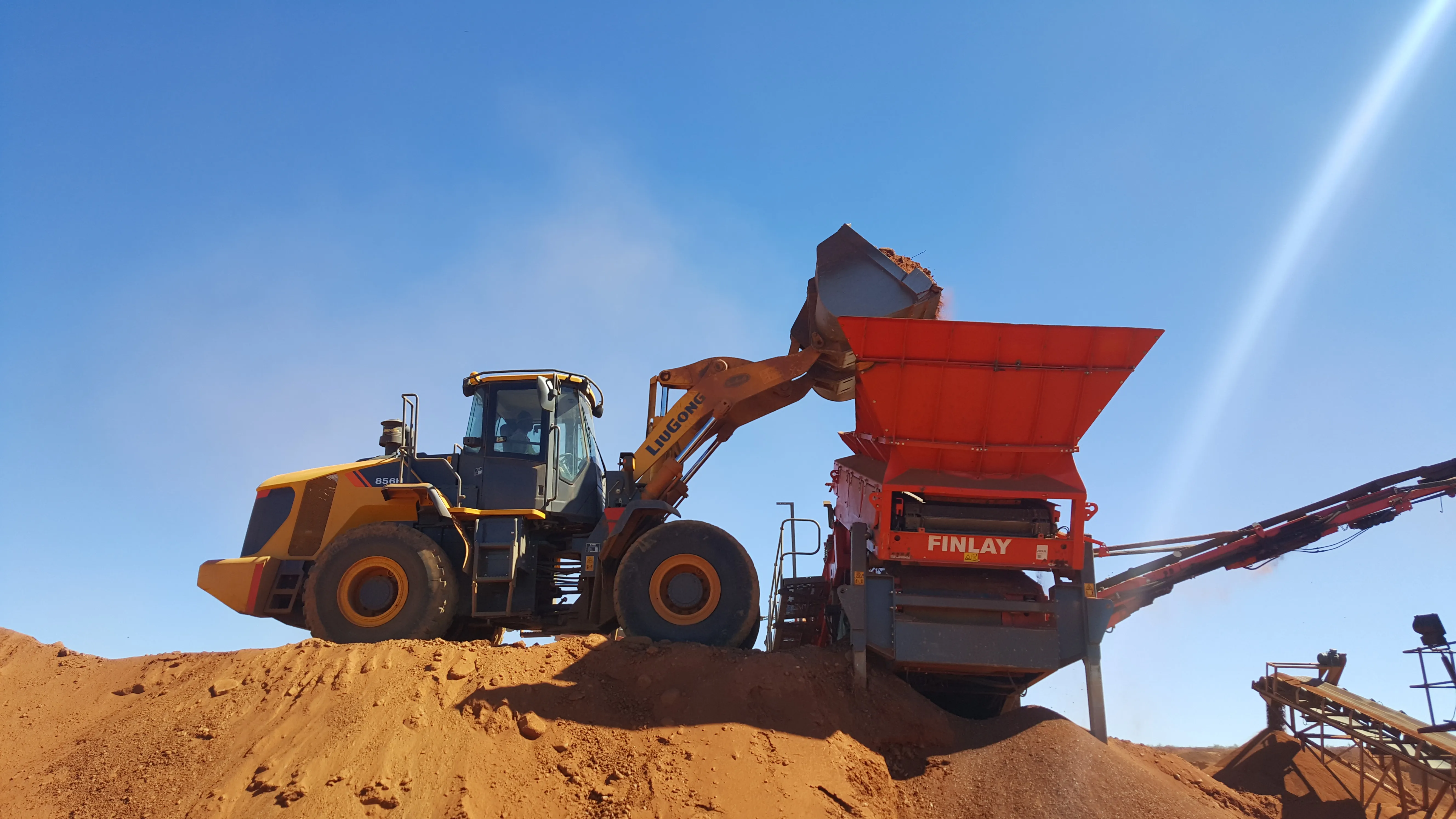
In a privately owned operation in Kimberley, all work except the screening of ore is undertaken on by
As of August, 2017, the extraction operation has a total of nine LiuGong machines; consisting of four 856H wheeled loaders, three 933E excavators, one B230 dozer and one 835H wheeled loader.
The units have delivered high utilisation rates of 95%, despite working long hours and the low fuel consumption, of the excavators in particular, have also helped to lower operating costs according to the customer. With the firm looking to increase its operations, it intends to increase the size of its machine fleet and says that it will be likely to buy more units from LiuGong in the future.


